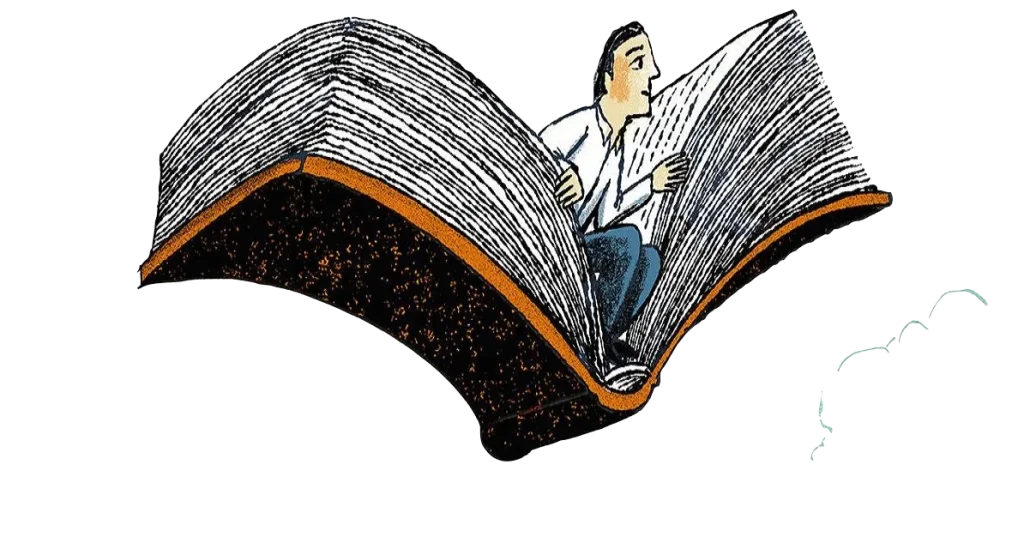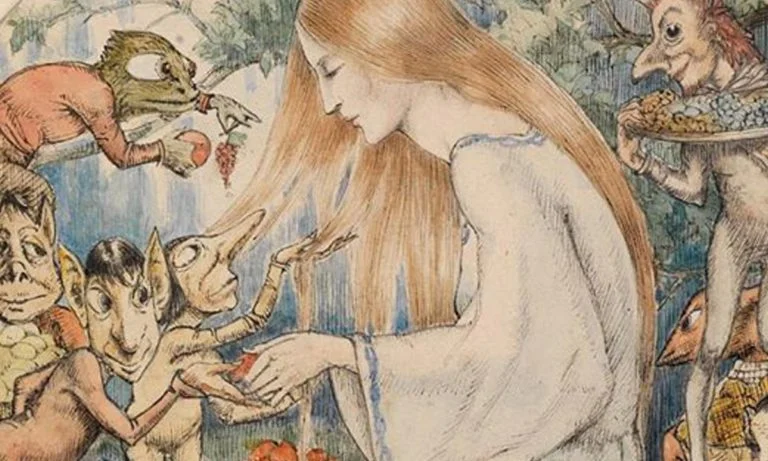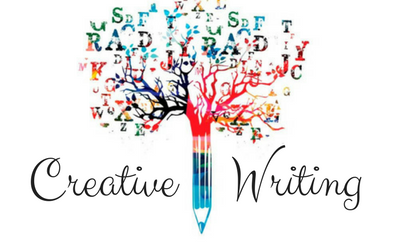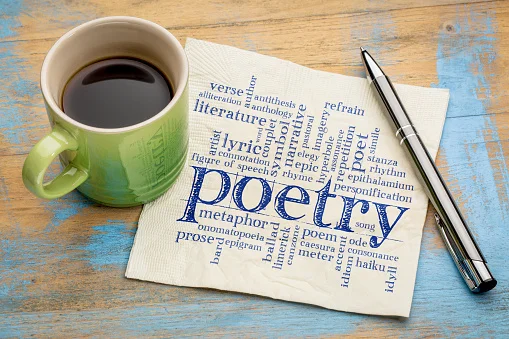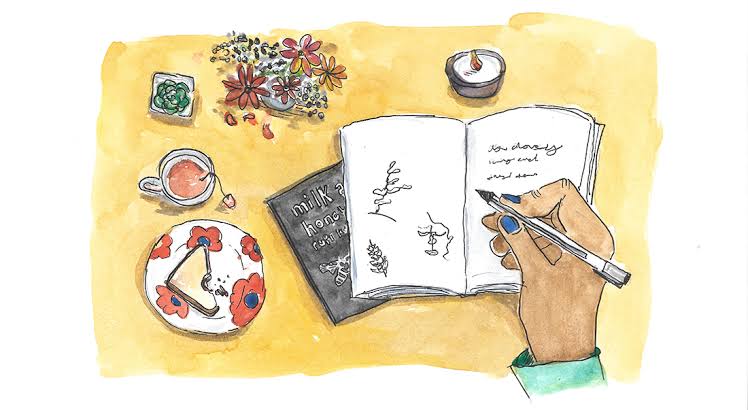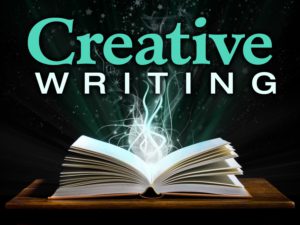Fiction is a genre of literature that uses imagination to make stories, novels, poetry, and proses. This is in contrast to non-fiction which includes biographies, essays and, so on. In this creative writing lesson, we will learn the following.
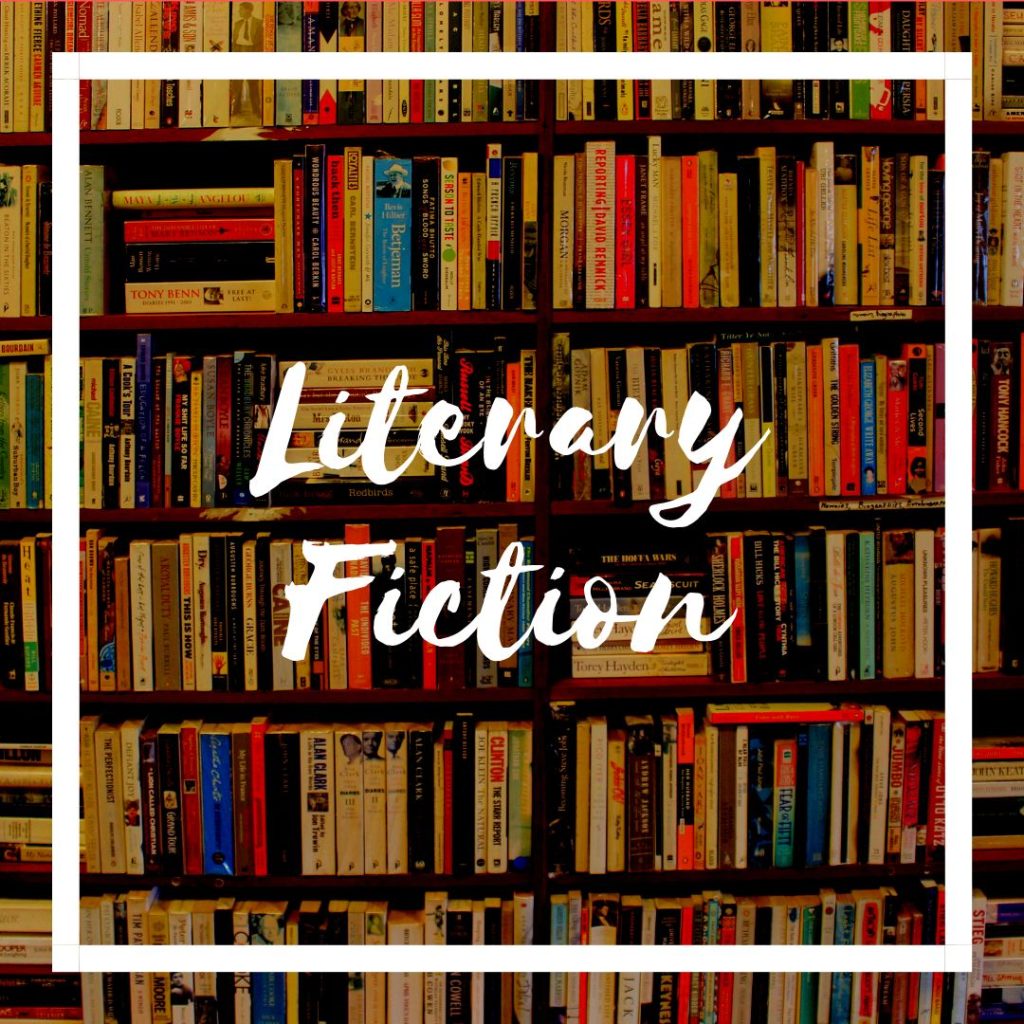
Elaborating on the Concept of Fiction in Literature
Works of fiction describe made-up stories. The creative work of fiction and non-fiction are parts of literature. Literature means a creative and superior work of art in literature. Developing imaginary characters is the basis of the work of fiction.
Since fiction is far away from the real world mostly it can give the readers the freedom to imagine and connect it to real-world happenings. Traditionally fiction comprised prose, poetry, novels, poetry, epics, fairy tales, fables, tales, and myths. In present times, it also includes comic books, and many animated cartoons, video games, anime, films, and, so on.
Fiction is further divided into literary fiction and genre fiction in the word of literature.
Genre Fiction
Fiction has been divided into several genres. They are divided according to their sub-types or the tones, archetypes, narrative styles, that it uses in literature. Genre fiction may use science fiction. This means that the technology that is spoken about was not yet accepted in reality when it was discussed. Historical fiction is also another genre of fiction. It uses imaginary characters in real historical events. Some of the works of fiction even include works of supernatural stories, magic, and scientifically impossible components. These fall under fantasy in literature and are another subdivision of genre fiction.
Characteristics of Genre Fiction
They give more attention to the plot. The pacing of this fiction is time-bound. They use fewer figures of speech like allegories and are more literal. It lacks depth and inner meaning. The symbolism used in genre fiction is usually not ambiguous. They can easily be understood by the readers.
Literary Fiction
Literary fiction is a common term in the book trade. They are considered to have literary merit. More than being commercial or genre fiction it has more value as a work of fiction. They generally include social commentaries, political criticism, and human conditions in society. The works of literary fiction attract the readers towards the style and creativity. It motivates the readers towards the inner story enhances the emotional involvement of the readers towards the work of fiction.
Literary fiction gives more importance to characterization, in-depth analysis, and complex and developed characters. Unlike genre fiction where the plot is the most important component that is given precedence.
Characteristics of Literary Fiction
Literary fiction is more layered and constitutes inner meanings. It is more perplexing and has characterization more than genre fiction. The characters in literary fiction have a specific goal to achieve. Literary fiction uses an easy movement in the narrative. Fiction uses an improved dialect, accentuated language, and wonderful use of words. Fiction concentrates on the revelation of truth in the narrative.
The literary fiction is completely focused on character. It uses various literary devices like metaphor, simile, symbolism, allegory, and so on. They also give larger philosophical themes regarding human nature and the will of nature.
Plot– Literary fiction gives very little attention to the plot. On the other hand, it gives keen insight into the inner story in a narrative.
Style- the style of fiction is called “carefully composed and melodious”.
Tone– the tone of fiction is termed to be genuine.
Pacing- Fiction used in artistic fiction is slower. It moves at a smooth pace all through the narrative.
Types of Literary Fiction
The kinds of literary fiction are divided according to the size and words that are written by the author in the narrative. The three main types of literary fiction are short stories, novella, and the novel.
Short stories– According to the famous short story writer Edgar Allan Poe short stories are the ones that can be read in one go. It may take few hours of reading to complete a short story. It must not include more than 25-30 pages. A short story may range between 1000 to 20000 words. An example of a short story was Edgar Allen Poe’s “A Tell-Tale Heart”.
Novella– They are longer than the short stories. They include 20,000 to 50,000 words in a novella. They run between 60-120 pages. Since they are longer they include a more complex plot and storyline. The characters involved in a novella are also more than that of the short stories. Robert Louis Stevenson’s “The Strange Case of Dr. Jekyll and Mr. Hyde” is a classic example of a novella.
Novels– they consist of more than 50,000 words or more than 120 pages. They are more complex than the novella. Novels have more than one plot or storyline. They also have multiple characters in a novel. There is no limit to the words in a novel. An example of a great novel was Mark Twain’s The Adventures of Mark Twain.
Examples of Fiction in Literature
- “Alice in Wonderland” by Mark Twain is a great example of fiction. The story speaks about a lot of adventures of the main character in the narrative. Alice has been surrounded by a lot of fictitious adventures and characters. The main character goes through many magical experiences in the story.
- Pride and Prejudice by Jane Austin is also a great example of fiction. It is one of the best examples of English novels. All the characters of the story are made up by the writer. They describe the struggles of the middle class in contemporary times and the preoccupations of common people.
- Hamlet by William Shakespeare is a famous and popular drama. It revolves around the life of the main character, Hamlet. It has a common connection to real-life events. While the characters of the movie are completely fictional.
Conclusion
Fiction performs the function of entertaining, motivating, educating, and inspiring the readers and audiences. Through the imaginary characters in literature, they several times teach us real-life experiences and moral values. They point out the flaws in characters, society, and suggest solutions.
Share with your friends

